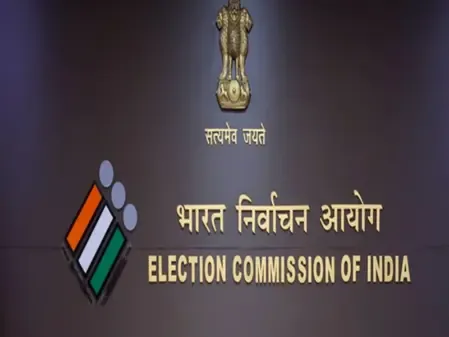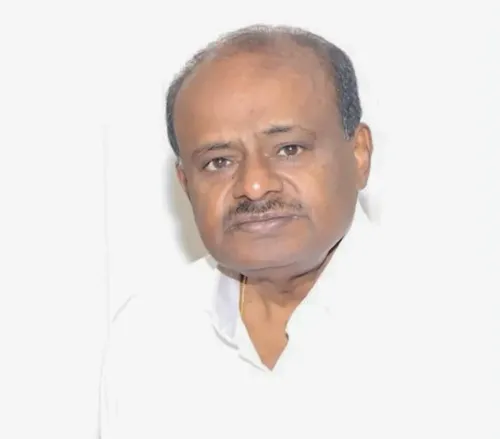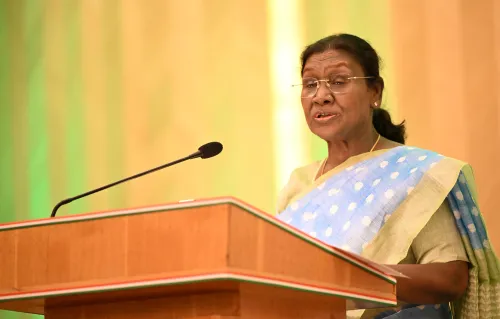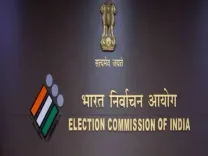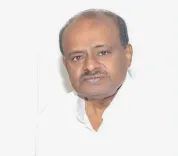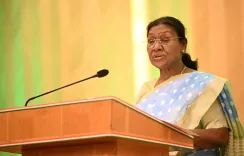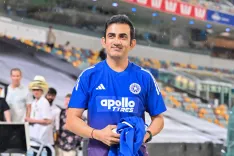How Were Colonial Era Indian Legislators Honored as Icons of National Unity at the Delhi Assembly Symposium?
Synopsis
Key Takeaways
- Celebration of Early Legislators: The symposium honored the contributions of colonial era Indian legislators.
- Commitment to Unity: Their dedication to national unity and constitutional methods remains influential.
- Academic Engagement: Esteemed faculty from major universities facilitated important discussions.
- Historical Relevance: The event emphasized the importance of understanding our political history.
- Ongoing Inspiration: The ethical leadership of these early figures continues to resonate today.
New Delhi, July 10 (NationPress) The democratic essence exhibited by early Indian legislators during the colonial period was celebrated as an enduring source of inspiration for national unity at a symposium held at the Delhi Assembly on Thursday, according to an official.
The event was inaugurated by Assembly Speaker Vijender Gupta, featuring two academic sessions led by esteemed faculty from Delhi University and Jawaharlal Nehru University.
“This symposium highlights the Delhi Legislative Assembly's commitment to honoring the legacy of India's constitutional development and recognizing the visionaries who established the foundations of our parliamentary democracy,” remarked Speaker Gupta.
The symposium, themed ‘Pre-Independence Parliamentary Systems (1911–1946) in India and the Role of Indian Members in Our Freedom Movement,’ revisited the growth of parliamentary institutions during colonial times.
Special guests included Vinay Shahasrabuddhe, Vice Chairman of Rambhau Mhalgi Prabodhini, former President of the Indian Council for Cultural Relations, and Ram Bahadur Rai, President of the Indira Gandhi National Centre of Arts, as noted by an official.
Speaker Gupta articulated that the symposium illuminated the development of parliamentary bodies in colonial India while acknowledging the pivotal roles played by Indian legislators who utilized legislative settings to further the cause of national independence.
The Speaker emphasized the significance of this historical exploration, stressing that the ethical leadership and democratic spirit showcased by early Indian legislators continue to resonate within contemporary parliamentary culture.
“Their dedication to constitutional methods, public service, and national unity remains a lasting source of inspiration,” he stated.
The symposium’s first session featured discussions on the contributions of nationalist leaders within the Imperial Legislative Council, the Public Safety Bill, legislative autonomy, and Pandit Madan Mohan Malviya in the Central Legislature.
The second part of the event showcased presentations regarding the impact of the Central Legislative Assembly on the formation of Delhi University, the establishment of the temporary colonial capital, and the broader contributions of Madan Mohan Malviya towards modern India.
The Deputy Speaker of the Delhi Legislative Assembly, Mohan Singh Bisht, also participated in the event.


